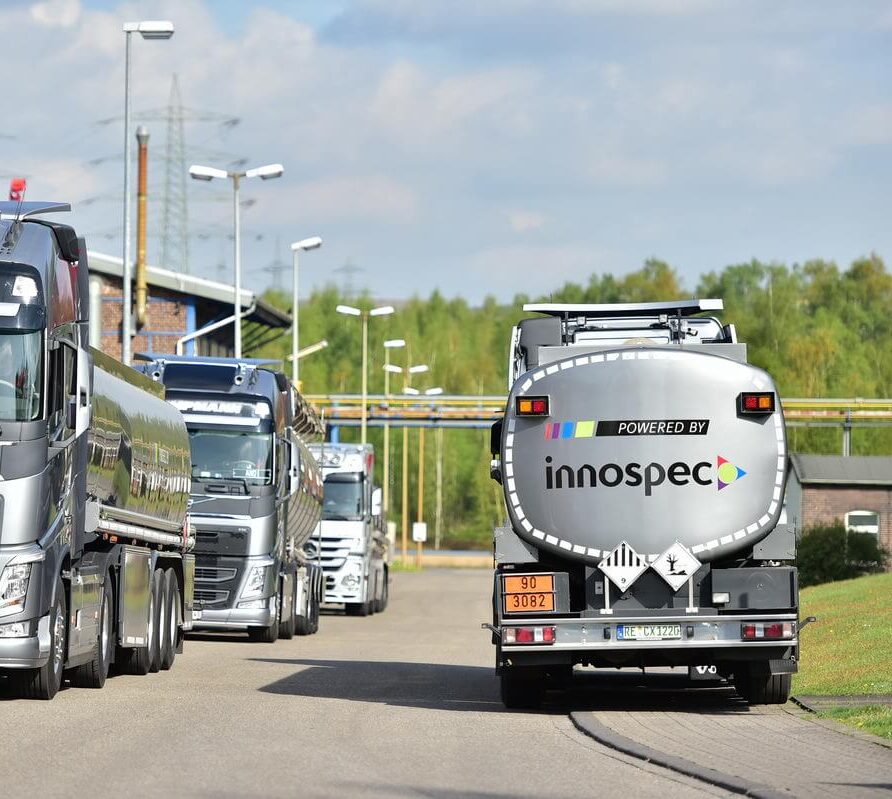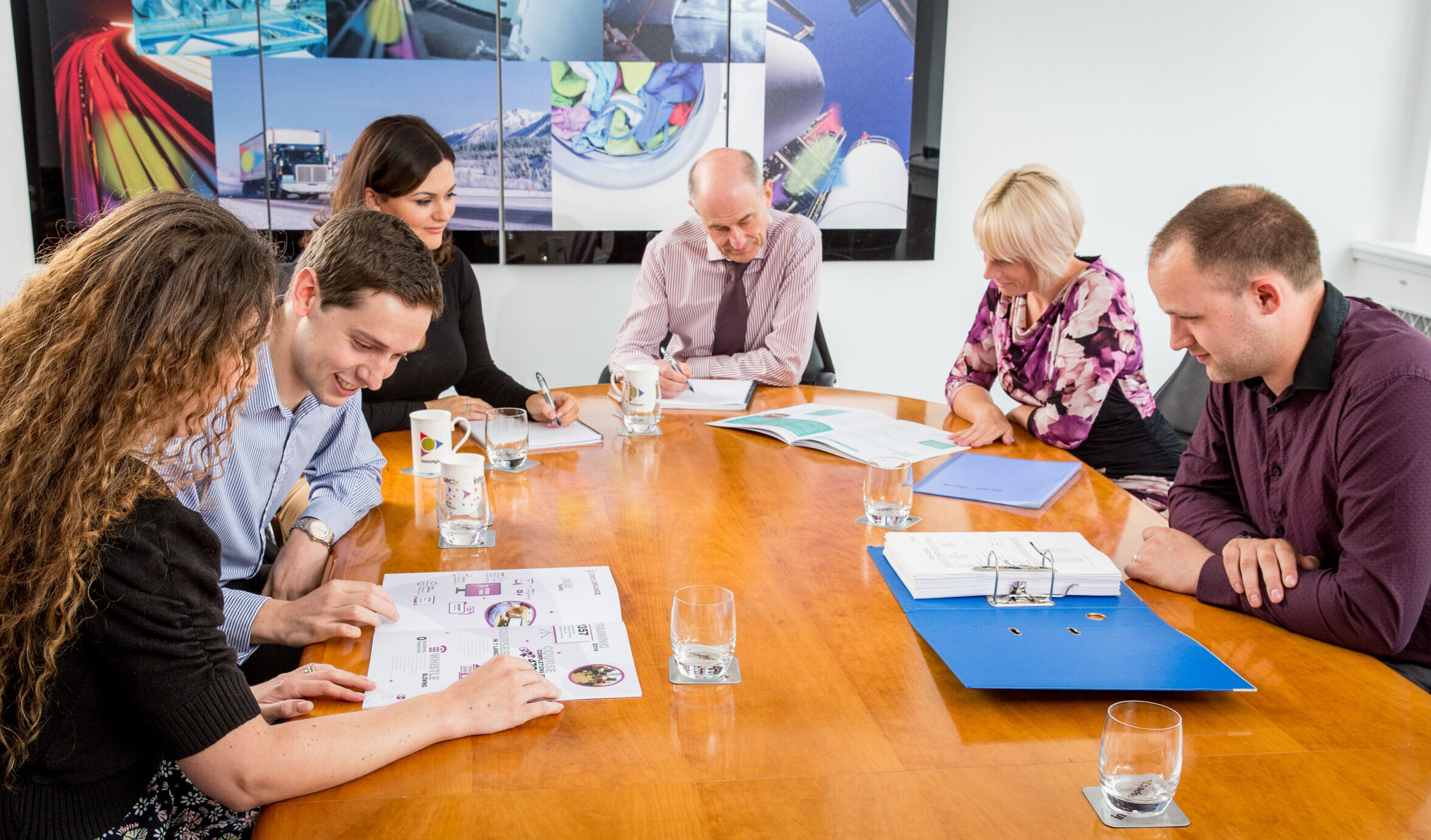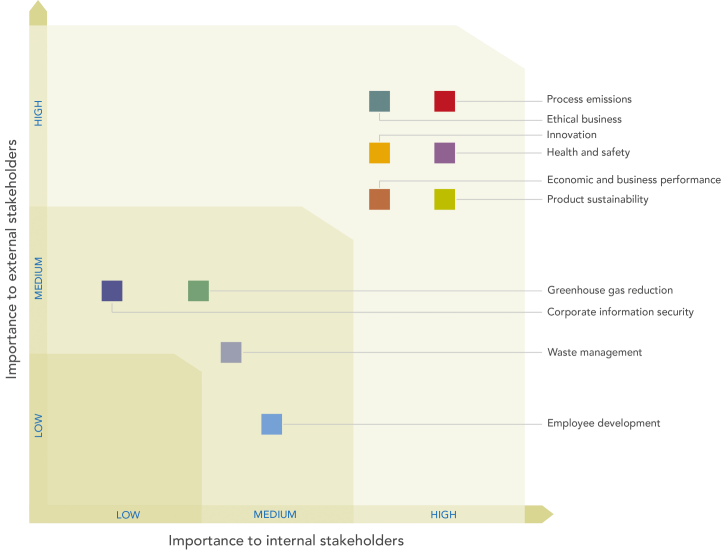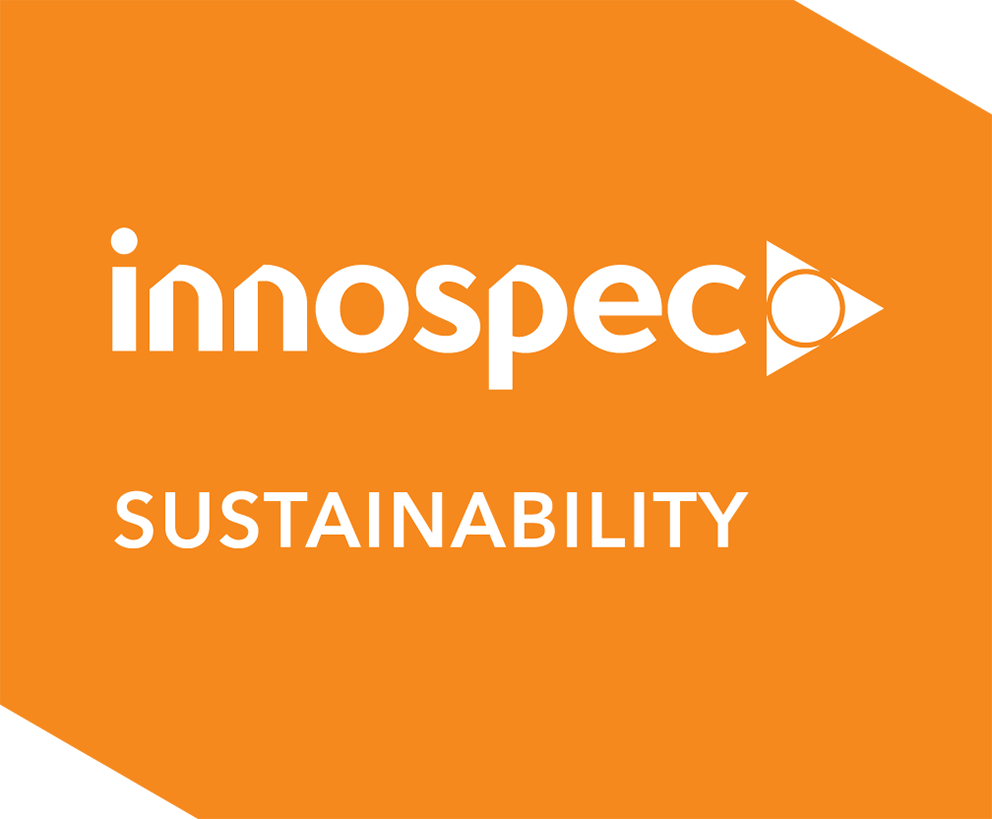Understanding our stakeholders
Take a look through our key stakeholder groups and our methods of engagement.
- Investors
- Customers
- Supply Chain Partners
- Governance & Regulatory

Providing clear, transparent information to our investors demonstrates that we are managing a profitable and responsible business. Main methods of engagement include:
- Materiality assessments (full study every 3 years with annual reviews in between)
- Monthly/bi-monthly investor conferences and Non-Deal Roadshows (NDRs)
- Face-to-face and remote meetings with existing and potential new investors
- Annual proxy statement
- Regular reporting
- Dedicated investor section on our corporate website

Identifying customers’ current and future needs helps us to understand where we can add value, guiding our R&D efforts. Main methods of engagement include:
- Materiality assessments and customer questionnaires
- Corporate website and technical support services
- Face-to-face, remote meetings and webinars
- Regular online communication to help plan product demand
- Collaboration on sustainability programs including Roundtable on Sustainable Palm Oil (RSPO), Action for Sustainable Derivatives (ASD) initiative, CDP and EcoVadis assessment

Working closely with our supply chain partners enables us to manage supply chain risks effectively and to identify opportunities to improve the sustainability and economic efficiency of our products and services. Main methods of engagement include:
- Materiality assessments
- Supplier evaluation processes
- Meetings on procurement and contract management
- Supplier site audits
- EcoVadis supplier assessment

Proactively engaging and consulting with our regulators enables us to understand and prepare well in advance for any changes that have the potential to impact our business and operations. Main methods of engagement include:
- Materiality assessments
- Online participation in webinars, policy forums and advisory groups
- Trade associations including Chemicals Industry Association (CIA), American Chemistry Council (ACC) and European Chemical Industry Council (CEFIC)
- Community Members
- Employees
- NGOs

Engaging with our local communities where we operate is essential to maintaining our reputation as a safe and responsible neighbor. Main methods of engagement include:
- Local employment opportunities
- Participation in local forums
- Safety action notices
- Innospec Cares program
- Business donations and sponsorship activities
- Work placements
- Graduate and internship programs

Engaging regularly with our employees provides valuable feedback and perspective for determining the direction of the business. Main methods of engagement include:
- Materiality assessments
- Ethics and compliance hotline
- CEO/CFO employee conference calls & Executive Team site visits
- Direct communications via email and virtual team meetings
- Annual performance appraisals
- Internal Best Practice Groups and Intranet
- Local Communicator & Sustainable Development Networks
- Online and in-person training courses
- Local Information News and Consultation (LINC) representatives

Collaborating with a range of Non Governmental Organizations (NGOs) helps us to understand both the immediate and wider sustainability issues affecting our products and the markets in which we operate. Main methods of engagement include:
- Membership in business and industry associations including Roundtable on Sustainable Palm Oil (RSPO), Action for Sustainable Derivatives (ASD) and trade association sustainability networks
- Voluntary participation in Climate Disclosure Project (CDP) Climate and Water Security assessments
- Chairing of industry focus group meetings
The issues that matter most to our stakeholders
Our latest materiality assessment identified 10 issues material to both our internal and external stakeholders. We use these insights, supplemented by annual interim reviews, to track evolving priorities and concerns. These findings are integrated into periodic reviews of our sustainability strategy to ensure we remain aligned with stakeholder expectations.

